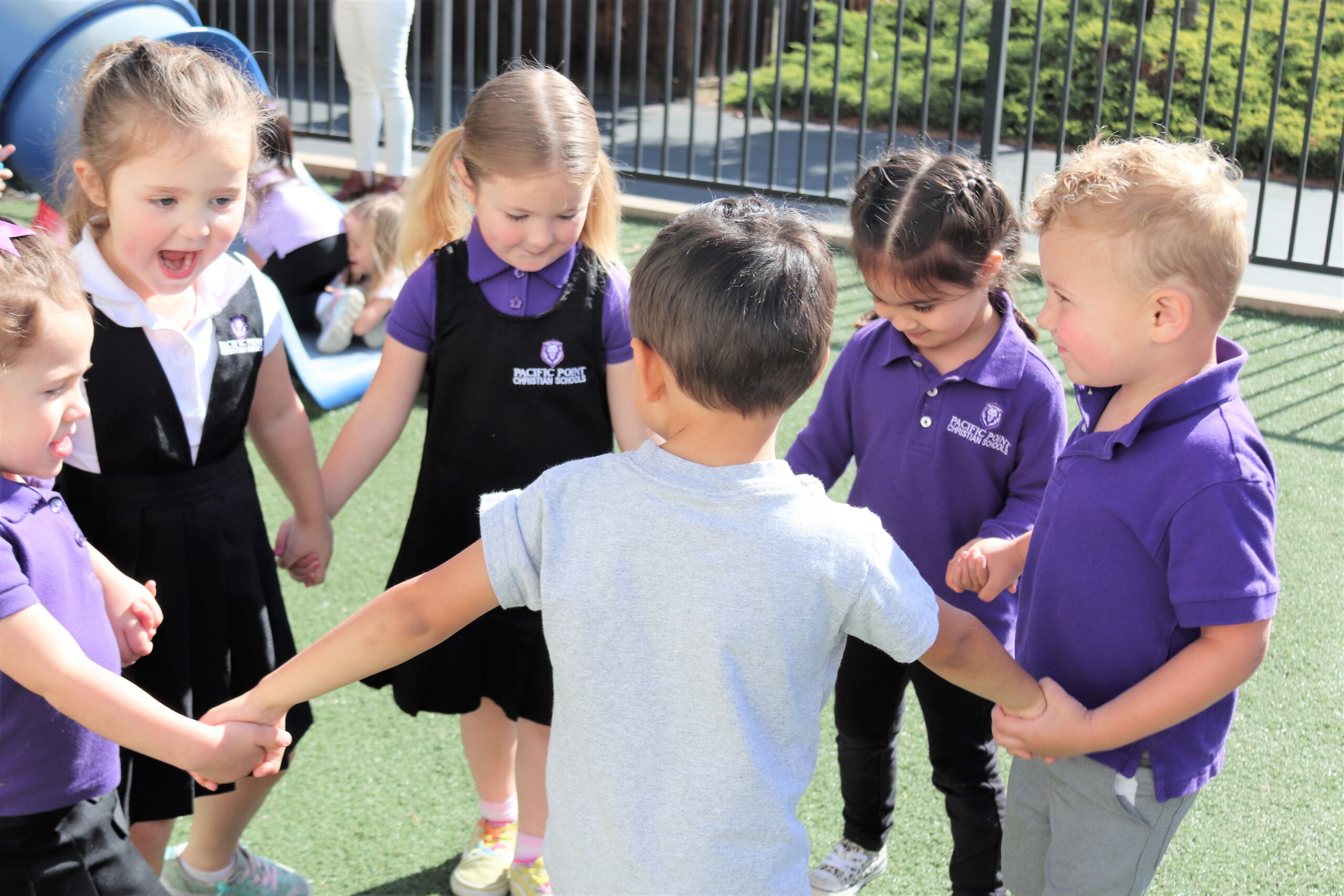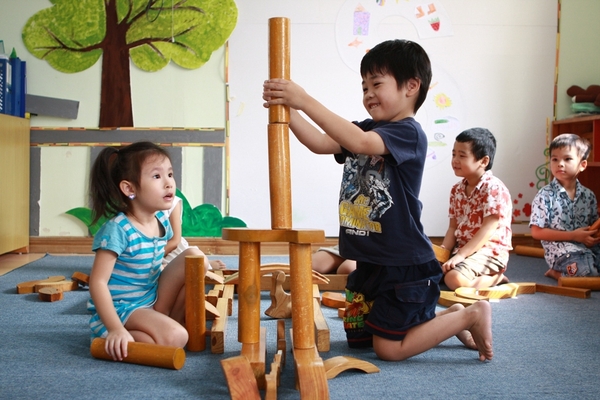
The Role of Early Childhood Education in Children’s Development in 2024 – Early childhood education (ECE) is a critical phase in a child’s development that lays the foundation for lifelong learning and well-being. It is during these formative years that children undergo significant cognitive, emotional, social, and physical growth. As society increasingly recognizes the value of education, understanding the role of early childhood education in shaping young minds has become imperative. This article explores the profound impact of early childhood education on children’s development, highlighting key aspects and benefits associated with education at this stage.
The Foundation of Lifelong Learning

Early childhood education serves as the cornerstone of a child’s educational journey. Research consistently shows that children who participate in high-quality ECE programs exhibit better academic performance and social skills compared to their peers who do not receive such education. The experiences and skills acquired in early childhood set the stage for future learning, promoting cognitive abilities such as problem-solving, critical thinking, and language development. (Read More: Alberta growth plunged but still beats rest of Canada on 2024)
The curriculum in early childhood education is designed to be both engaging and educational. Through play-based learning, children develop essential skills in a natural and enjoyable manner. Activities such as storytelling, singing, and hands-on projects stimulate creativity and foster a love for learning. These activities not only enhance cognitive abilities but also encourage social interaction and cooperation among peers, which are vital skills for future success in school and life.
Social and Emotional Development

One of the key benefits of early childhood education is its impact on social and emotional development. ECE provides a structured environment where children learn to interact with others, develop friendships, and understand social norms. These interactions are crucial for developing empathy, self-regulation, and effective communication skills.
In early childhood education settings, children are exposed to diverse perspectives and backgrounds, promoting inclusivity and cultural awareness. Educators play a pivotal role in guiding children through social challenges, teaching them conflict resolution and cooperation. This early exposure to a supportive and diverse environment helps children build resilience and adaptability, which are essential for navigating the complexities of later life.
Cognitive Development and Academic Achievement

Cognitive development is a primary focus of early childhood education, as it directly influences a child’s academic achievement. During the early years, children’s brains are highly malleable, making them more receptive to new information and experiences. ECE programs utilize this critical period to introduce foundational concepts in literacy, numeracy, and science.
For instance, early exposure to reading and storytelling enhances language development and literacy skills. Children who develop strong literacy skills in their early years are more likely to excel in reading and writing in their later academic years. Similarly, activities that involve counting, sorting, and pattern recognition lay the groundwork for mathematical understanding.
Moreover, early childhood education promotes a positive attitude towards learning. By creating an environment that celebrates curiosity and exploration, educators instill a lifelong love for education. This positive attitude towards learning is crucial for maintaining academic motivation and perseverance in the face of challenges.
Physical Development and Health

Physical development is another critical aspect of early childhood education. ECE programs incorporate activities that promote fine and gross motor skills, which are essential for overall physical health and coordination. Activities such as drawing, cutting, and building with blocks enhance fine motor skills, while outdoor play and sports activities develop gross motor skills.
Physical activity is not only important for motor development but also for overall health and well-being. Regular physical activity in early childhood helps prevent childhood obesity, promotes cardiovascular health, and strengthens bones and muscles. Furthermore, physical activities are often integrated with social interactions, teaching children the importance of teamwork and cooperation.
The Role of Educators and Schools

Educators and schools play a pivotal role in the success of early childhood education. Qualified and passionate educators are essential for creating a nurturing and stimulating learning environment. They must possess a deep understanding of child development and employ teaching strategies that cater to the diverse needs of young learners.
Schools, on the other hand, must provide a safe and supportive infrastructure that encourages exploration and learning. A well-designed curriculum that balances academic learning with play and social interaction is crucial. Additionally, schools should foster strong partnerships with parents and communities, as parental involvement is a key factor in the success of early childhood education.
Conclusion article The Role of Early Childhood Education in Children’s Development in 2024
The role of early childhood education in children’s development cannot be overstated. It is a critical period that shapes a child’s cognitive, social, emotional, and physical growth, setting the foundation for lifelong learning and well-being. High-quality ECE programs not only enhance academic achievement but also promote social skills, emotional resilience, and physical health.
As society continues to recognize the importance of education, investing in early childhood education becomes imperative. By providing children with a strong start, we equip them with the tools they need to succeed in school and in life. The benefits of early childhood education extend far beyond the classroom, influencing the future of individuals and communities alike. It is through this investment in our youngest learners that we can build a brighter and more prosperous future for all.
Read More: https://infoeducators.com/7-renowned-higher-education-institutions-in-europe/.html




